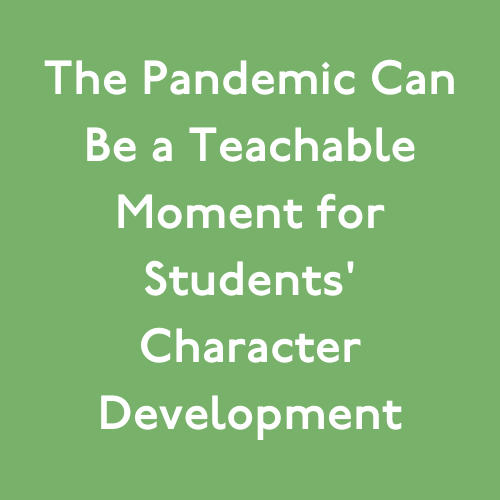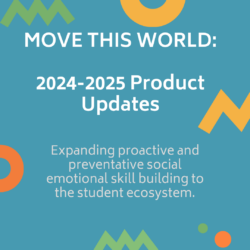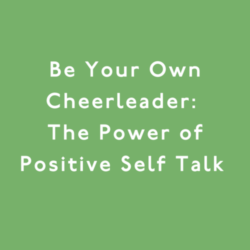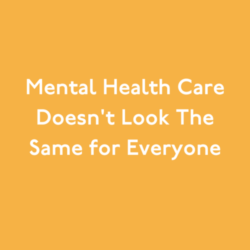This post originally appeared in Tennesseean on May 31, 2020.
As a new parent, it’s easy to think about all the things we’re going to teach our children one day, but the best surprises are what they teach you. When a kindergarten teacher recently shared with our team that during a virtual class meeting her students began telling her how much deep breathing has helped them when they’re feeling upset or frustrated during the pandemic, I was filled with joy — both as a mother and school partner.
Two Metro Nashville Public Schools — Cole Elementary and Goodlettsville Elementary — are leading the way in helping students move through the pandemic and school closures by focusing on developing coping strategies and strengthening students’ well-being and character. Despite the fact that students and teachers are not physically together, they are teaching and learning expression, connection and personal development online.
As we navigate the COVID-19 pandemic, we are all living a shared trauma. Our places of gathering, learning, playing, celebrating and praying are changed and taken from us. Families are struggling to make ends meet. Students may be isolated in dangerous living situations. Without being able to read their students’ faces, teachers aren’t able to fully get a sense of what they might be experiencing or how those students’ feelings are affected their learning. We’re not able to count on a familiar smile or an encouraging hug to get us through a tough day.
Social emotional learning
When we’re stressed or upset, the part of our brain called the amygdala goes into fight-or-flight response. Daniel Goleman called this overreaction to stress “amygdala hijack” in his 1996 book “Emotional Intelligence.” It happens when a situation causes your amygdala to hijack control of your response to stress. Right now we’re all experiencing heightened levels of stress, and social-emotional learning will help us respond without being “hijacked.”
Even more, the opportunity to practice social skills and strengthen character makes us better, more effective learners and stronger human beings. As students look at the world around them, feelings of fear, anxiety and worry will likely be on the table. Having support in place to help them process these feelings is important, but how can we go a step further? How can we reframe this time as a chance to help our students develop empathy and compassion, resilience and strength?
Better versions of ourselves
Schools like Cole and Goodlettsville Elementary are persevering through the inherent challenges a pandemic brings in order to provide opportunities to further practice our personal and social competencies, strengthen character and resiliency, and empower civic thought and action. COVID-19 is the ultimate teachable moment in allowing us to grow into better versions of ourselves.
Whether we are physically together when we return to school or continue in a remote or blended learning environment, using a universal support for all students to proactively address challenges and strengthen character will be critical for how we move forward. All students — not just the lucky few — will need access to the kinds of personal and social supports being offered at Cole and Goodlettsville Elementary. If we’re going to use this tragedy as an opportunity to reimagine education for the better, we need to be equitable in how we provide intentional time for these practices.
If we are thoughtful and deliberate about creating space for all students to reflect on their strengths and their challenges, learn more about each other and their teachers, and create plans for achieving their goals, we will be empowering students to navigate future challenges, explore their curiosities, pursue their passions, help those in need and grow into being the best versions of themselves. This is the world I want my daughters to be a part of and contribute to.










